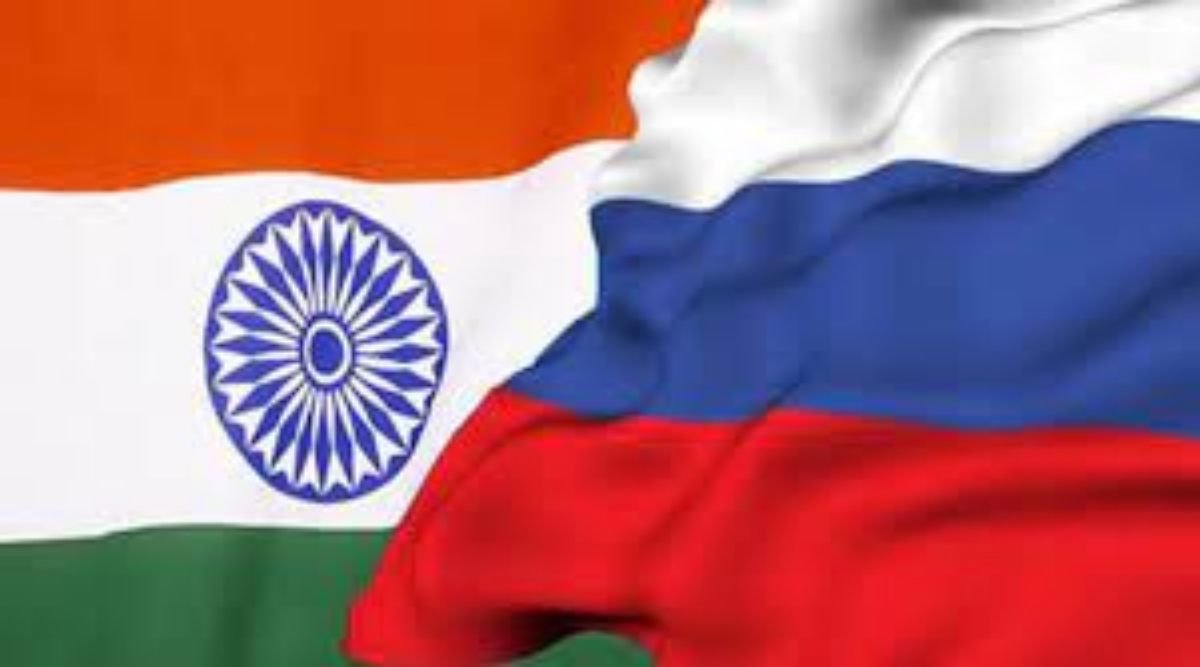
Reviving Russia’s role in the Indo-Pacific
['Russia', 'Indo-Pacific', 'India', 'China', 'Pacific']
Indo-Russian cooperation in this key region goes back to 1971. Bolstering it today will help both nations keep China's growing influence in check
Reviving Russia’s role in the Indo-Pacific
Long before the US threw its weight behind the idea of the Indo-Pacific, these events from 50 years ago demonstrate that cooperation of India and Russia has been a critical element in the Indo-Pacific. When the India-Pakistan war started in December 1971 and the US navy tried to threaten Indian security, the Soviet Union dispatched a nuclear-armed flotilla, from its Pacific Fleet based in Vladivostok, in support of India - this could be seen as the beginning of Indo-Pacific concept between India and Russia. In contrast to the US understanding of a "Free and open" Indo-Pacific, India has always signalled that it is interested in a "Free, open and inclusive" Indo-Pacific, an understanding that reflects India wanting Russia to be an active player in this region. India has tried to rope Russia into its Indo-Pacific initiatives so that the latter emerges as an independent pole outside China's shadow which would make Indo-Pacific multi-polar in nature. As Russia has concerns about the migration of the Chinese in its Far East, state-facilitated controlled immigration of the Indian workforce to Russia can bring political and economic benefits to both sides. India is not a serious military power as of now in the Pacific but helping its naval capabilities reach that goal would also help Russia in tackling China's challenge to its pre-eminence in the Arctic. These elites based in Moscow, which has been Russia's traditional seat of power, maybe contesting others who want Russia to be more proactive in the Pacific through its Vladivostok base.